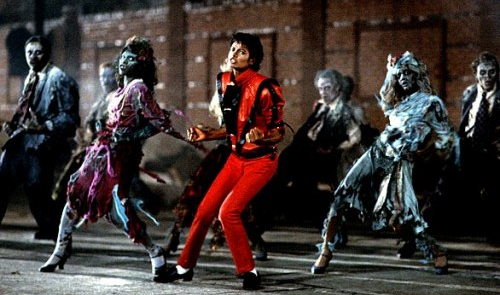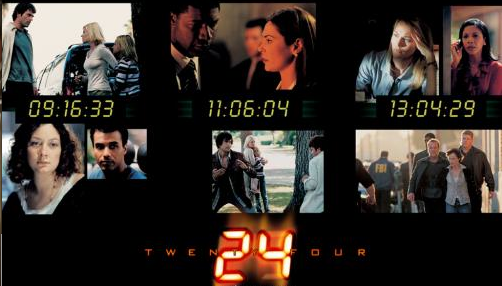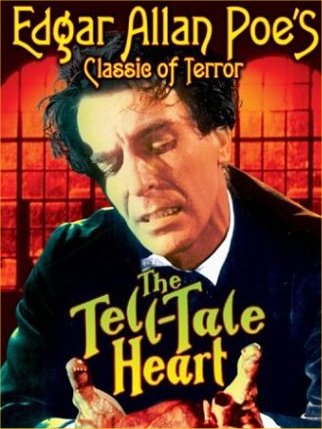
A crime is a crime, isn’t it?
Well, jaywalking is a crime. (Though when was the last time you even heard that term used, much less heard of someone being cited for it.) So is murder. So is conspiracy to commit treason.
So all crimes are not created equal, and such is the glorious nature of crime fiction. From character-driven cozy mysteries with very little bloodshed, to sweeping, epic thrillers in which the fate of nations is at stake, it all falls under the very large umbrella known as crime fiction.
My department is the thriller, located way down the hall there, on the other side of the family manor from the cozy, traditional mystery.
In this department, you’ll find all kinds of conspiracies, politics, serial killers, courtrooms, spies, doctors, and more different types of cops and other investigators than can usually fit into a single room. But they’re all part of the family, and they all contribute to the overall dynamic.
There are many fine resources addressing the difference between the mystery and the thriller, so I won’t belabor “official” definitions. Broadly speaking, in a mystery the crime occurs early in the story, and much of the balance of the story is about discovering who (and along the way, such important questions as why, how, etc.) committed the deed. The thriller may, in fact, open with a crime as well (though not always), the difference being that the protagonists in the thriller must stop the criminal act (whether it’s an act of terrorism, a single murder, or whatever…jaywalking notwithstanding) from happening again, or happening on a larger scale. In that process, they also need to find who and why and so on.
So they overlap. Gray areas aplenty. It’s much like real life, isn’t it? Don’t most of us live our lives in that gray area where things aren’t always clear cut? A good thriller has clear definitions of heroes and villains, good and evil. But it also stirs up a little bit of that gray. Do the hero’s ends always justify the means? Does the bad guy actually have a reasonable point here and there?

Action builds in a thriller, often with a ticking clock in the background. 24 Hours by Greg Iles takes place in a single 24-hour time frame—an intense, complex, kidnap-thriller that leaves the reader almost literally gasping for breath. The TV series 24 has prepared us all for the clock with its on-screen display. Authors like Steve Berry and Dan Brown and William Martin give us the rich texture of history. The conspiracies may be hundreds or even thousands of years old, but their plot threats exist in the here and now, and the very-contemporary characters must deal with the past while living in the oft-dangerous present. But the crime is real—whether the kidnapping of a child or the overthrow of a government. And the protagonist has no choice but to face it, often standing alone against overwhelming forces arrayed against him or her.
It’s difficult to pinpoint the birth of the thriller. We are all, of course, writerly descendants of Edgar Allan Poe. While “The Murders in the Rue Morgue” is commonly cited as the first detective story, works by Voltaire and E.T.A. Hoffmann, published years before, share many of its characteristics. But Poe made a genre, not just a story. Just as the Irish composer John Field created the musical form known as the nocturne, Chopin refined it, made it stand on its own legs. And Chopin is the name we remember, just as we now point to Poe.

The thrill is primarily psychological. But don’t try to tell me that “The Tell-Tale Heart” isn’t a thriller. The suspense is excruciating, as the heartbeat grows ever louder, and the narrator begins to lose what little focus he once possessed. This story shows no blood, no acts of terrorism, only one crime, and only one character whom we get to know at all. And yet, we cannot look away. We are the drivers passing the horrible car crash, powerless to resist the unfolding story.
From Poe’s beginnings, and through all his heirs—from Erle Stanley Gardner to John Grisham, Ian Fleming to Gayle Lynds—the thriller has evolved into an art form all its own. International Thriller Writers, aka ITW, co-founded by Lynds and David Morrell, has grown in a few short years into one of the most respected writers’ organizations, and its annual Thrillerfest is a must on many calendars. Look at the bestseller lists in any given week. Many of those titles fall into the thriller genre. Harlan Coben’s plot twists, Michael Palmer’s firsthand medical knowledge, Barry Eisler’s covert experience and eye for details, Sandra Brown’s exploration of the places where romance and suspense intersect, Lee Child’s lean prose and breathless pacing…they give us endless possibilities for solving—and preventing—crimes large and small.
The thriller is here to stay, with all its beautiful and complex variations. It even enjoys the occasional reunion with the other members of the crime fiction family.
B. Kent Anderson is the author of the thriller Cold Glory, to be released in October 2011, in which a history professor/single father and a piano-playing, female government researcher solve a 150-year-old Civil War conspiracy…and save the world—or at least the U.S. government—while kicking a few bad guys’ butts.
